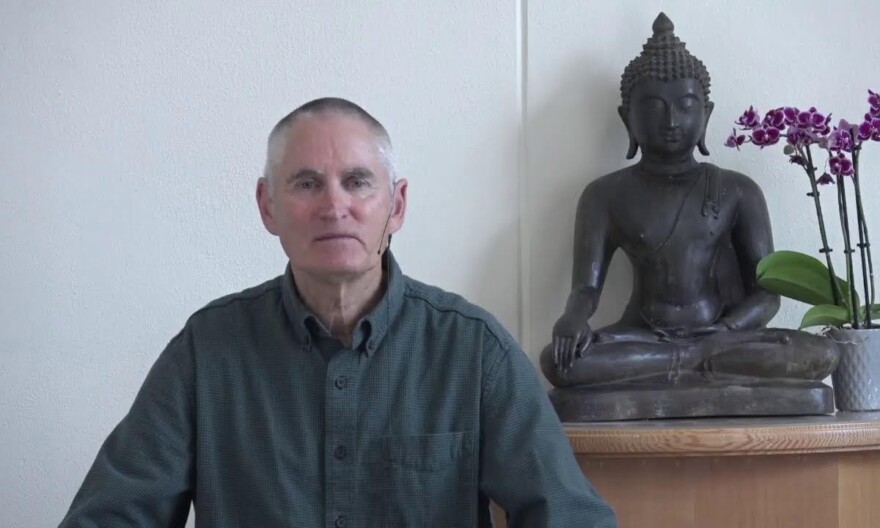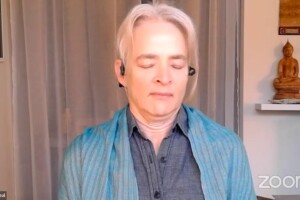
In this segment of our series on Guided Meditation, we delve into the profound theme of Respect, offering an insightful Introduction to Mindfulness. Join us as we explore the interconnected realms of Mindfulness and Concentration on the 22nd installment of our journey.
Guided Meditation: Respect; Introduction to Mindfulness (22 of 25) Mindfulness with Concentration
Hey there, folks! Today, we are diving deep into the world of mindfulness and concentration through the lens of respect. So, grab a cozy spot, maybe a cup of tea, and let’s embark on this journey together. Don’t forget to check out our 4:04 minute Guided Meditation video at the end for a truly immersive experience.
Respect in Mindfulness
Respect is not just about how we treat others; it’s also about how we treat ourselves. In mindfulness practice, respect plays a crucial role in cultivating a deeper sense of awareness and understanding. Here are a few key points to keep in mind:
- Respecting Your Thoughts: Acknowledge your thoughts without judgment. Allow them to come and go like passing clouds in the sky.
- Respecting Your Emotions: Embrace your emotions with kindness and compassion. They are valid and serve as a guide to your inner world.
- Respecting Your Body: Listen to your body’s signals and give it the care and attention it deserves. Remember, it’s your constant companion on this journey called life.
The Power of Concentration
Concentration is like a superpower in the realm of mindfulness. By honing our ability to focus, we can strengthen our presence and heighten our awareness of the present moment. Here’s how you can boost your concentration skills:
- Practice Deep Breathing: Focus on your breath as it moves in and out of your body. Let it be your anchor amidst the waves of distraction.
- Engage Your Senses: Tune in to your senses—what do you see, hear, smell, taste, and touch? Immerse yourself fully in the sensory experience.
- Set Intentions: Before starting your practice, set clear intentions on what you aim to achieve. This will give your mind a specific focal point.
Conclusion
As we wrap up our exploration of respect and mindfulness with concentration, remember that self-discovery is a continual journey. By honoring respect in all aspects of our practice and sharpening our concentration skills, we pave the way for profound growth and transformation.
FAQs
-
How Often Should I Practice Mindfulness?
Mindfulness is a flexible practice. Aim for consistency rather than duration. Even a few minutes a day can make a difference. -
Can Anyone Practice Guided Meditation?
Absolutely! Guided meditation is a helpful tool for beginners and seasoned practitioners alike to deepen their practice. -
Is Concentration Necessary for Mindfulness?
While concentration is beneficial, mindfulness also involves acceptance and non-judgment of our experiences. -
How Does Mindfulness Benefit Mental Health?
Mindfulness has been shown to reduce stress, anxiety, and depression by promoting present-moment awareness and self-compassion. -
Where Can I Find More Resources on Mindfulness and Meditation?
You can explore a treasure trove of audio talks and guided practices on our center’s website. Dive in and enrich your mindfulness journey!
Hope this article was a source of insight and inspiration for your mindfulness practice. Until next time, stay grounded and present in each moment!
Watch a 29:31 minute Dharmette video here and Donate through our website. Remember, times are in Pacific Standard.





